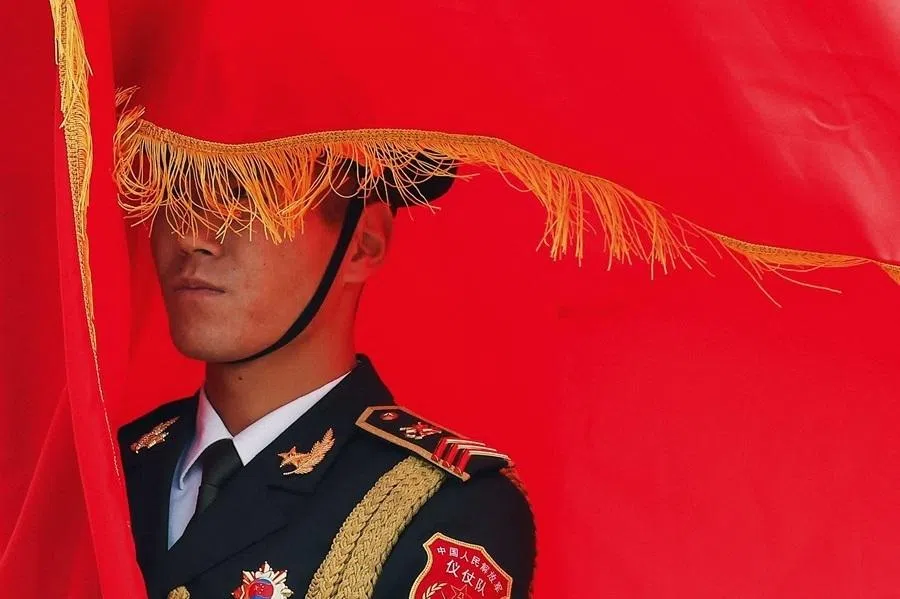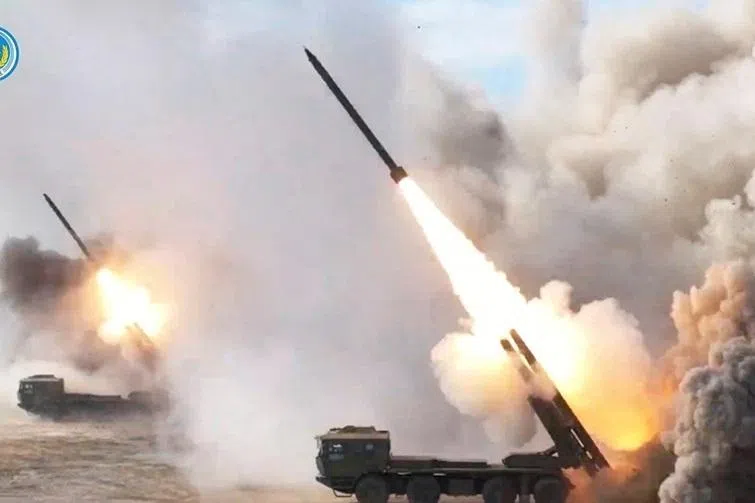Tough times for 'improving' Japan-China relations
Despite synergies between Japan and China in the economic and technological spheres, Professor Shin Kawashima, University of Tokyo, argues that the hard line China maintains on security and historical issues will keep ties from warming.
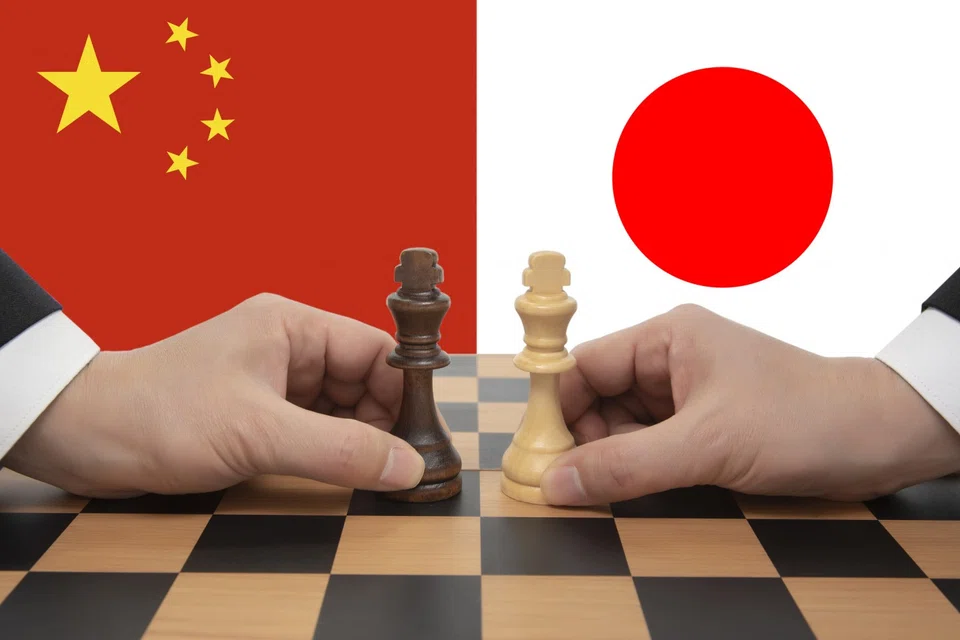
Japan-China relations are currently thought to be on the path of improving, and in spring 2020, China's President Xi Jinping is expected to visit Japan. In reality, however, many problems have already cropped up.
Reality checks
The first to note is that of public opinion. According to the Japanese non-profit entity Genron NPO's annual opinion polls conducted jointly with a Chinese partner, the Japanese people continue to have negative feelings about China. Those whose impressions of China are "unfavourable or generally unfavourable" stand at 84.7% - which, despite being a slightly lower figure than 86.3% from last year, basically does not represent any significant change. On the Chinese side, however, the number of people who indicate having "unfavourable or generally unfavourable" impressions of Japan has dropped to 52.7% from the previous year's 56.1%.
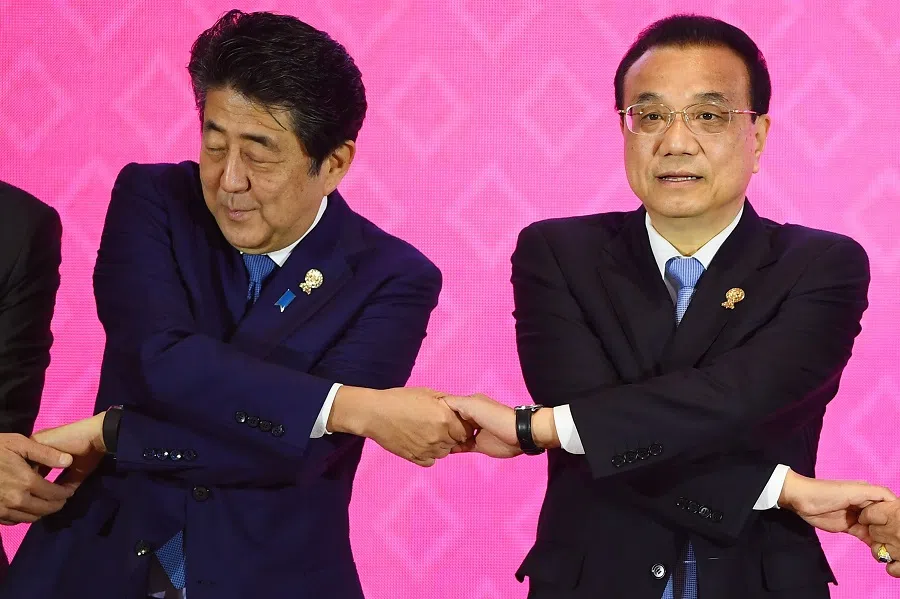
The reasons listed by the Japanese side revolve around territorial and historical issues such as the dispute over the Senkaku Islands (Diaoyu Islands), as well as the Chinese political system and China's behaviour in the international arena. None of these factors are, of course, anything new. But why have Japanese sentiments towards the neighbour across the sea remained unchanged despite a perceived upswing in bilateral relations? The answer is linked to the second point (presented below). From Japan's point of view, there is no change at all by way of warming bilateral relations apart from the heads of state resuming their exchanges. For this reason, there is nothing of a euphoric atmosphere on our side surrounding the improvement in Japan-China relations.
Hard line
The second problem to note is this: when it comes to security and historical issues, China is still taking a hard stance. Now, it is true that there seems to be an improvement in the bilateral ties in terms of interactions between our heads of state. There is also much to look forward to in the areas of the economy and technology.
When Prime Minister Shinzo Abe visited China in 2018, he welcomed over 50 memorandums of cooperation under business cooperation in third countries. The Japanese government's four requirements pertaining to third-country developments - i.e., that there be openness, transparency, economic efficiency and fiscal soundness of the recipient country - have been included in the G20 agreement documents for "Quality Infrastructure Investment" in 2019 and accepted by G20 members including China, thus establishing some common ground for both countries. In April this year, President Xi Jinping also made mention of "quality infrastructure" matters in the Second Belt and Road Forum for International Cooperation, apparently in line with the conditions put forth by Japan.
However, a different picture emerges when we turn our attention to the ocean - specifically the Japanese territorial waters around the Senkaku Islands (Diaoyu Islands), as well as the neighbouring waters. The China Coast Guard's vessels have become highly active there, totally oblivious to the liaison between the highest leaders of the Japanese and Chinese governments. Very obviously, the Chinese People's Liberation Army is engaged in extremely frequent activities around Japan. In other words, the Chinese offensive on the military security front is still ongoing and is at odds with the "improvement" in Japan-China relations. This has a profound impact on public opinion within Japan. Although most of our own citizens are aware of the importance of Japan-China relations, they are not warming up to China due to security tensions, part of which stems from territorial issues. Regardless of exchanges between the heads of state or the strengthening of economic ties, little has changed in this aspect.
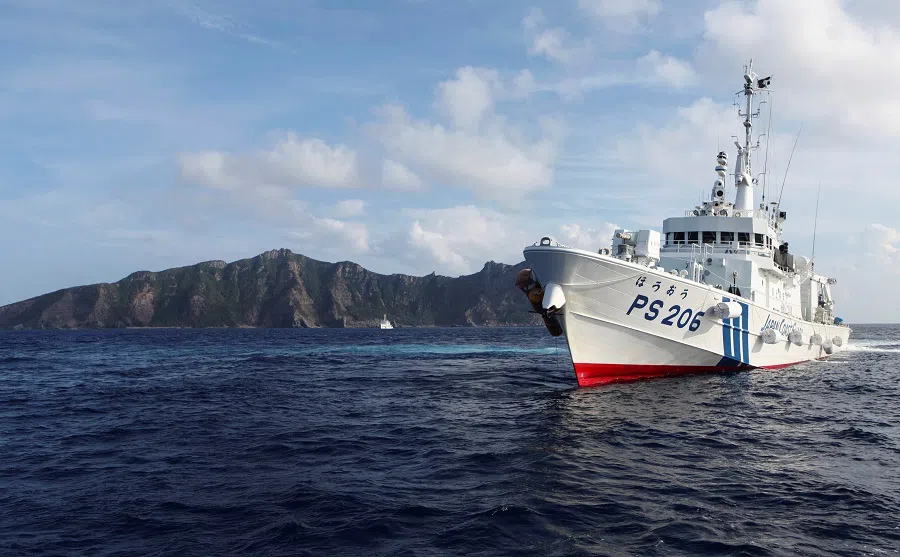
The curious case of a Japanese researcher
To make things worse, a recent incident has figuratively dropped quite a bomb on Japanese public opinion. In September 2019, a historian teaching at Japan's Hokkaido University was taken into custody by the Chinese authorities. Visiting China on the invitation of the Institute of Modern History under the Chinese Academy of Social Sciences (CASS), this researcher was taken away not at the airport, but in a hotel arranged for him by the CASS. He had allegedly run afoul of China's "domestic laws", but the specifics of the suspicion against him were not made known.
By late October, after news of the detention was reported in Japanese media, our own community of researchers on China-related issues made a request to the PRC for disclosure of information, and also voiced much concern. Not only did research bodies issue their denunciations over this matter one after another, but more of them are planning to avoid organising trips to China.
Because of President Xi Jinping's impending visit to Japan in spring 2020, there was excitement at one point in autumn 2019 over the amicable atmosphere between the two countries. Unfortunately, that has now been hit by a sudden gush of cold air. Notably, astonishingly little is known in China about the case in question, and thus the continually escalating worry in Japan is practically not shared by the Chinese populace. Because of the huge information gap between the two countries, there is a great difference in how the people on both sides view the seriousness of the arrest issue.
To sum it up, I shall point out that the "improvement" of Japan-China relations has merely been a shift from the negative to zero so far. Where historical and territorial issues are concerned, not only are we not moving forward at all, signs of further aggravation are actually evident. The Japanese and the Chinese descriptions of the "improvement" do not agree with each other exactly. As things stand, the two countries that need to see actual "improvement" in their relations are facing a tougher test than before.



![[Big read] When the Arctic opens, what happens to Singapore?](https://cassette.sphdigital.com.sg/image/thinkchina/da65edebca34645c711c55e83e9877109b3c53847ebb1305573974651df1d13a)
